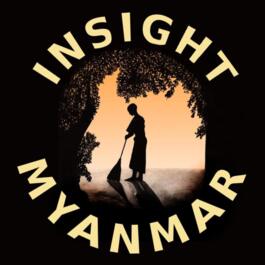
Episode #300: Three panelists explore the complexities of Myanmar’s revolution against military oppression, diving into its tactical, logistical, and humanitarian challenges. Our guests include Anthony Davis, a security analyst with extensive experience in conflict zones such as Afghanistan, Pakistan, and the Philippines; Azad, an internationalist from the United States who spent nearly a year working with resistance groups in Chin State and has prior experience in northeastern Syria; and Marc, a field strategist with broad expertise across Africa and Asia, who has provided tactical and logistical guidance to Myanmar’s resistance since the early days of the conflict. They discuss the grassroots origins of the resistance, born from peaceful protests and evolving into armed defiance against the junta. This transformation brought early struggles with mistrust between ethnic armed organizations and newly formed People’s Defense Forces, stemming from decades of ethnic tension. Despite these divisions, the resistance grows stronger through strategic adaptation and grassroots unity. The panelists then highlights the significant obstacles Myanmar’s revolution faces, including a lack of external support from neighboring countries and global powers, forcing the movement to rely on domestic efforts. They examine the logistical challenges of sustaining the fight, from resource shortages to the high cost of essential equipment like ammunition. Yet, technological advancements, such as encrypted communication and drones, have bolstered resistance capabilities, showcasing innovation in the face of adversity. Ethnic divides remain a critical issue, complicating unity among resistance groups. Some progress has been made through alliances in regions like Chin State, yet mistrust and competing interests still hinder broader cohesion. Beyond strategy, the panel delves into the profound humanitarian crisis. Millions of civilians endure displacement and deprivation, placing immense strain on the resistance. Yet despite these challenges, Myanmar’s revolutionary spirit remains unbroken. The panelists stress the need for trust-building, improved coordination, and a vision for federalism to sustain the movement and shape a post-conflict Myanmar. Ultimately, the revolution is fueled by resilience, innovation, and a steadfast commitment to liberation in the face of overwhelming odds.
From "Insight Myanmar"


Comments
Add comment Feedback